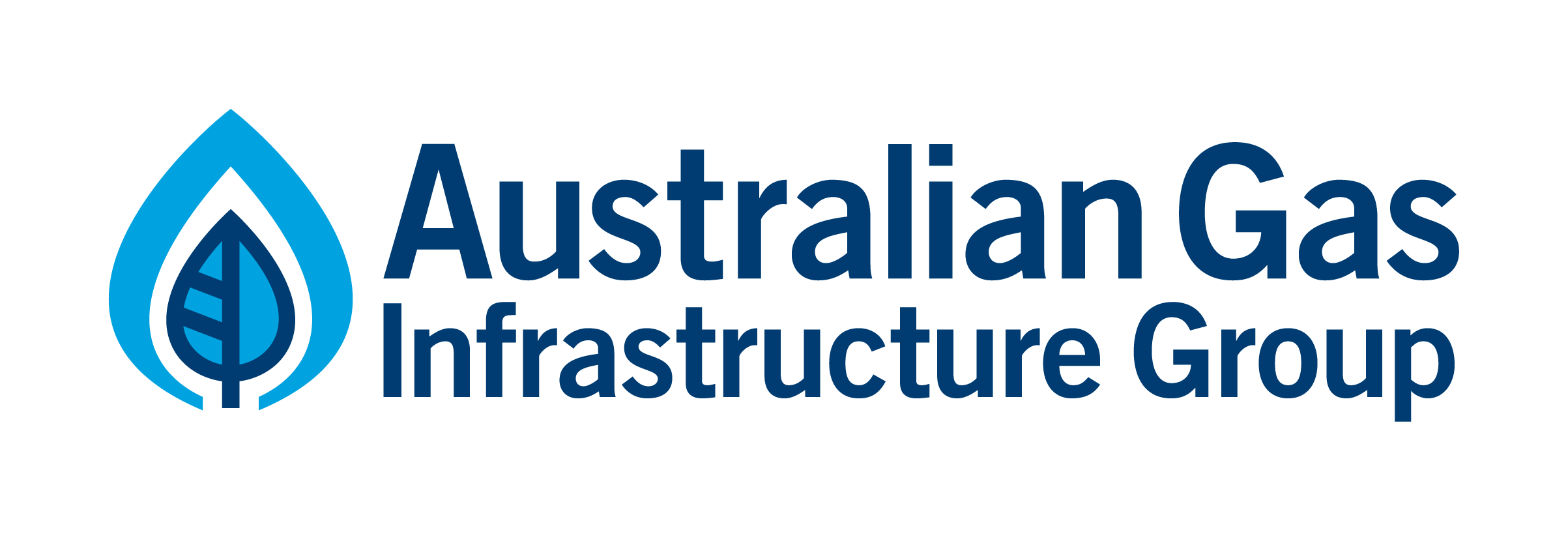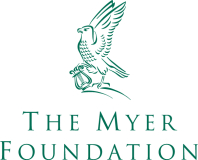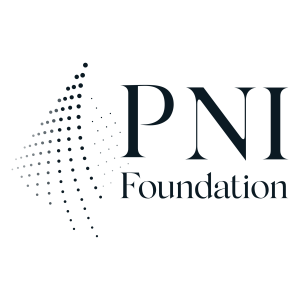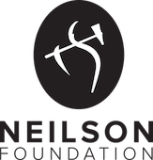SANE is committed to the safety and wellbeing of all children and young people, including First Nations children, children with disabilities, children from culturally and linguistically diverse backgrounds, and children that are gender diverse.
SANE has zero tolerance for child abuse, harm and neglect. SANE takes all allegations and safety concerns related to children and young people seriously and recognises the importance of developing and implementing systems which protect children and young people from risk of harm, and foster a culture of safeguarding.
SANE believes child safety and wellbeing is everyone’s responsibility, including SANE’s Board of Directors, staff, volunteers, contractors and partners.
Additional Info
- Hide Title on Category Page No
- Hide Image on Category Page No
- Hide Intro Text on Category Page No
- Disable Links No
- Disable Category Body Padding No
- Item Page Full Width No
- Hide Social Icons No
- Hide ReadSpeaker No
Additional Info
- Item Page Full Width No
- Hide ReadSpeaker No
-
Category Image (300 x 170)

Additional Info
- Item Page Full Width No
- Hide ReadSpeaker No
-
Category Image (300 x 170)

- Category Image Alt Text The Access Foundation logo
Additional Info
- Item Page Full Width No
- Hide ReadSpeaker No
-
Category Image (300 x 170)

Additional Info
- Item Page Full Width No
- Hide ReadSpeaker No
- Category Image Alt Text Know Family
Additional Info
- Item Page Full Width No
- Hide ReadSpeaker No
-
Category Image (300 x 170)

- Category Image Alt Text The Myer Foundation logo
Additional Info
- Item Page Full Width No
- Hide ReadSpeaker No
-
Category Image (300 x 170)

- Category Image Alt Text Cooper Investors logo
Additional Info
- Item Page Full Width No
- Hide ReadSpeaker No
-
Category Image (300 x 170)

- Category Image Alt Text PNI Foundation logo
Additional Info
- Item Page Full Width No
- Hide ReadSpeaker No
-
Category Image (300 x 170)

- Category Image Alt Text Five V Capital logo
Additional Info
- Item Page Full Width No
- Hide ReadSpeaker No
-
Category Image (300 x 170)

- Category Image Alt Text Neilson Foundation logo links to website